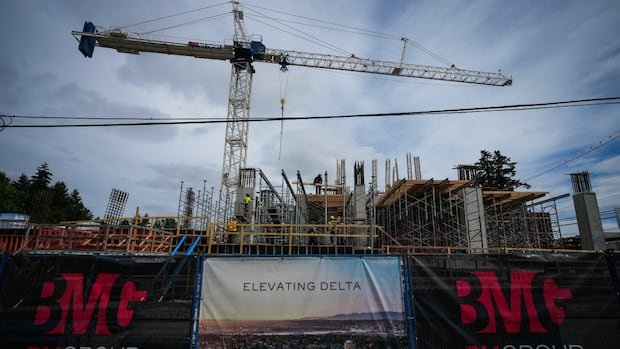Prime Minister Mark Carney made public on Sunday afternoon the establishment of Build Canada Homes, a novel federal agency tasked with supervising federal housing initiatives. This agency was a key element of the Liberals’ electoral pledge to increase housing construction. Build Canada Homes is being promoted by the government as a centralized body responsible for managing new affordable housing programs initiated at the federal level.
Carney stated that the agency’s aim is to accelerate housing construction nationwide by aiding in the development of supportive and transitional housing in collaboration with provinces, territories, and Indigenous communities. Additionally, it will enhance the availability of deeply affordable and community housing while partnering with private developers to construct homes for middle-class families. The prime minister also disclosed that former Toronto city councilor Ana Bailão will serve as the CEO of Build Canada Homes.
The agency will have the authority to approve construction on public lands and offer funding in the initial phases of housing development projects. Carney specified that an initial budget of $13 billion has been allocated to support the construction of 4,000 modular homes on six sites across the country. Construction of these homes is projected to commence next year, as per a government official speaking anonymously.
Criticism of Carney’s housing strategy has come from Conservative Leader Pierre Poilievre, who believes the prime minister is simply introducing another bureaucratic layer. Poilievre recommended his own housing policies, suggesting that the government incentivize municipalities to expedite the permitting process and waive development fees by linking infrastructure funding to home construction.
Furthermore, Poilievre proposed adjusting two of his campaign promises, advocating for the elimination of the capital gains tax on reinvested funds in homebuilding and the abolition of the five percent federal sales tax on home purchases under $1.3 million. A recent report from the Canada Mortgage and Housing Corporation (CMHC) indicated that housing starts in the first half of the year were close to record levels. However, concerns were raised regarding the slowdown in construction in Toronto and Vancouver, two of the priciest housing markets.
In Toronto, new condominium construction plummeted by 60 percent in the first six months of 2025, with forecasts indicating that housing starts in the city will remain insufficient for the next couple of years to address affordability concerns. The CMHC report also highlighted robust homebuilding activity in cities like Calgary, Edmonton, Montreal, Ottawa, and Halifax, primarily driven by the construction of rental apartments. The agency projected that Canada’s overall housing starts would need to nearly double by 2035 to meet the escalating demand, reaching 480,000 homes per year.

